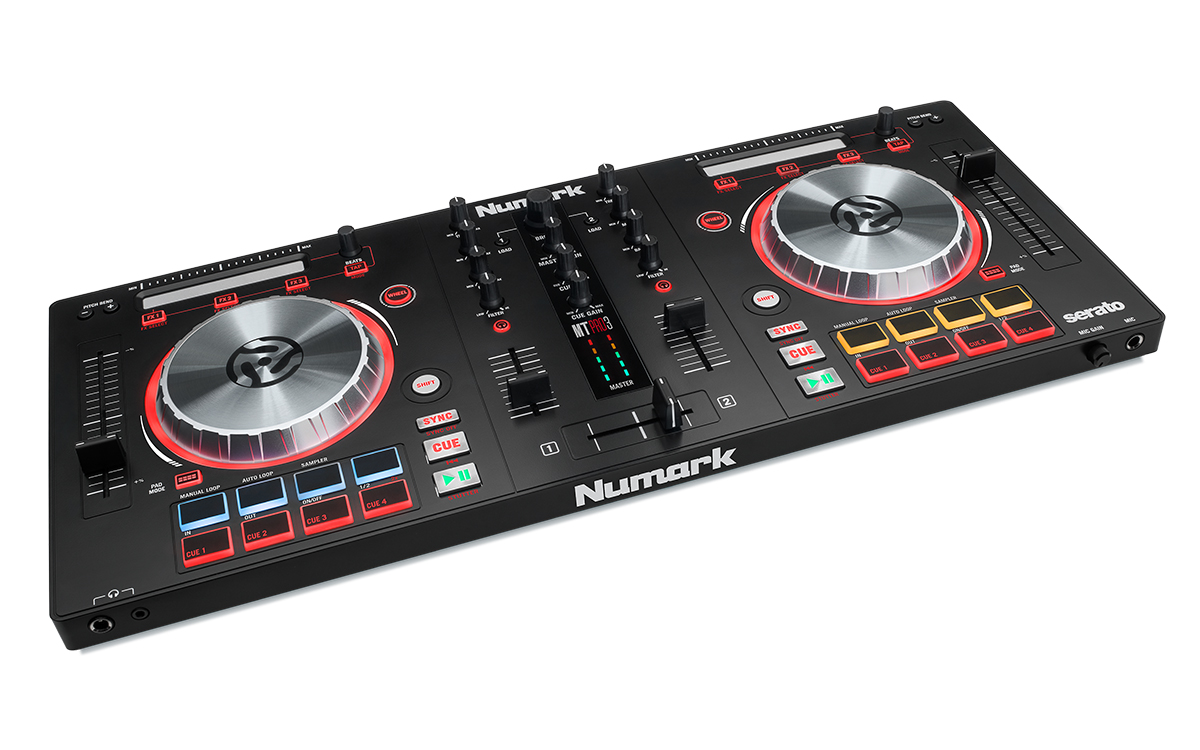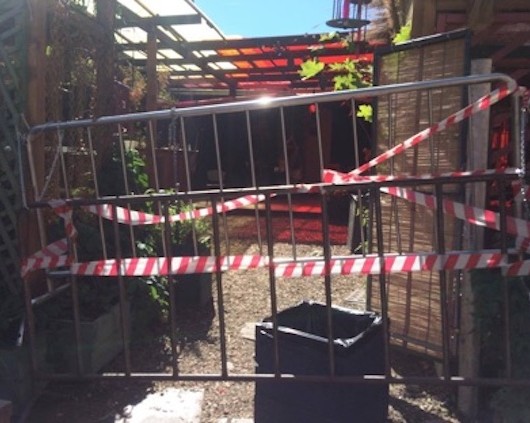DJ Insurance: Better to Have it and Not Need It Than Need it Not Have It

Photo by DISRUPTIVO on Unsplash
You might think having insurance is not necessary for a business as small as yours. However, having DJ insurance is vital for creative professionals. DJ insurance covers your equipment, reputation, and business. In other words, it protects you from potential financial losses.
(And if that doesn’t convince you, remember that sometimes the venue requires you to have it. Per PCDJ, there is always a risk that something can go wrong, especially where there is a lot of drinking and dancing, and the venue doesn’t want to be left holding the bag for it…they want you to hold it, too!)
In other words, insurance for your DJ business protects you and the venue from risk. Maybe this risk takes the form of an injury claim against you. Perhaps a third-party thinks you didn’t hold up your end of the bargain and won’t pay. It could be that you lost or broke your equipment. Whatever happens, if you have the proper coverage, you can let the insurance company handle it instead of dealing with these things—and paying for them—yourself.
How to Get the Proper Coverage
So, what type of DJ Insurance should you get? Most DJs will get a Business Owner’s Policy, per DJ Tech Reviews. These policies protect you from general liability (which means you have insurance against third-party property damage or personal injury caused by you or your employees) and commercial property insurance (which protects your equipment from damage, loss, or theft).
DJ Pro Tips says that General Liability might be the most crucial type of insurance for a DJ. A DJ’s liability insurance protects them if they are held liable for accidents or incidents during an event. For example, it covers accidental damage to venue equipment, injuries to audience members or employees caused by stray cables, and more. In addition, if a lawsuit is brought against the DJ, general liability insurance provides financial coverage for settlements depending on the policy terms.
That said, you don’t have to go with a standard Business Owner’s Policy. Instead, DJ Tech Reviews suggests you might want to develop your customized policy in some cases.
For example, mobile DJs would be wise to get travel insurance covering their expensive equipment while in transit. Other policies might include commercial auto insurance (which covers legal bills, medical expenses, and property damage caused by an accident in a business vehicle) or inland marine insurance (protection for when the equipment is in transit “over land” or stored off-site).
Of course, these suggestions don’t cover everything. For example, if you have employees, you probably need Workers’ Compensation insurance, depending on your state’s laws. Moreover, if you worry your employees might steal from you, you can get a commercial crime insurance policy.
So How Much Will It Cost?
How much your insurance costs will depend on a few different factors. Per Fitsmallbusiness.com, general liability with coverage from $1 million per occurrence with a $2 million aggregate for DJs will run between $190 to $740 annually.
Some other estimates include:
- Commercial property for up to $10,000 can range from $400 to $550.
- Professional Liability with coverage from $1 million per occurrence with a $2 million aggregate could be $350 to $600.
- Workers Comp with $100,000 per accident and employee for $500,000 per policy might be $500 to $1,200.
However, these rates might increase depending on your needs. For example, if you need higher limits than these quoted, have light shows, fireworks, or additional performers in the act, work at nightclubs and bars, work past 2 am, or play to more substantial audiences, you might have higher rates.
Sometimes, you might only need liability insurance for the day you have the gig. Per DJ Pro Tips, you might expect to pay around $75 for the day. Of course, that number can vary depending on the coverage you want, the details of the liability, and the company you choose.
What Else You Should Know
Some other tips from DJ Tech Review are to plan ahead, avoid underestimating your needs, and know the value of your equipment. Before you sign up for anything, be sure you talk to an insurance agent about your business. They will likely have specific recommendations once they hear the particulars of your operation. Also, talking to more than one agent is a good idea too. Then, you can compare policies carefully. Moreover, once you get the policy, check the small print.
You might also consider joining a DJ association to access discounts and benefits. For example, the United States Disc Jockey Association (USDJA) has a program for its members. USDJA’s qualifying members can get inland marine insurance for $150 annually, which covers $12,500 in equipment, and liability for $1,000,000/$2,000,000 is as low as $24 per month (for single-operator DJ companies).
Even for small DJ operations, DJ insurance is a must-have, as it protects against potential financial losses. In addition, the appropriate policy covers everything— your equipment, reputation, and business—if or when things go wrong. While insurance costs depend on several factors, such as coverage limit, location, and type of equipment, it is always better to have it and not need it than not have it and need it desperately.
Sources:
Sherr, R. (2019) What DJs Need to Know About Liability Insurance | PCDJ, PCDJ – DJ Software and Karaoke Software for Live Performance. Available at: https://pcdj.com/what-djs-need-to-know-about-liability-insurance/ (Accessed: 25 April 2023).
DJ Insurance and Why You Need It In 2023 – DJ Tech Reviews (2023). Available at: https://djtechreviews.com/dj-tips/dj-insurance (Accessed: 24 April 2023).
Weller, N. (2023) What Is DJ Insurance and How Much Does It Cost?, Fit Small Business. Available at: https://fitsmallbusiness.com/dj-insurance-buy-costs-coverage/#:~:text=DJs%20typically%20only%20need%20general,property%20damage%2C%20and%20advertising%20injury (Accessed: 24 April 2023).
DJ Insurance — The United States Disc Jockey Association USDJA – DJ Insurance, Education, Networking (2023). Available at: https://www.usdja.org/insurance (Accessed: 25 April 2023).










